Why we need to start telling pandemic stories
It's time to talk about COVID, together

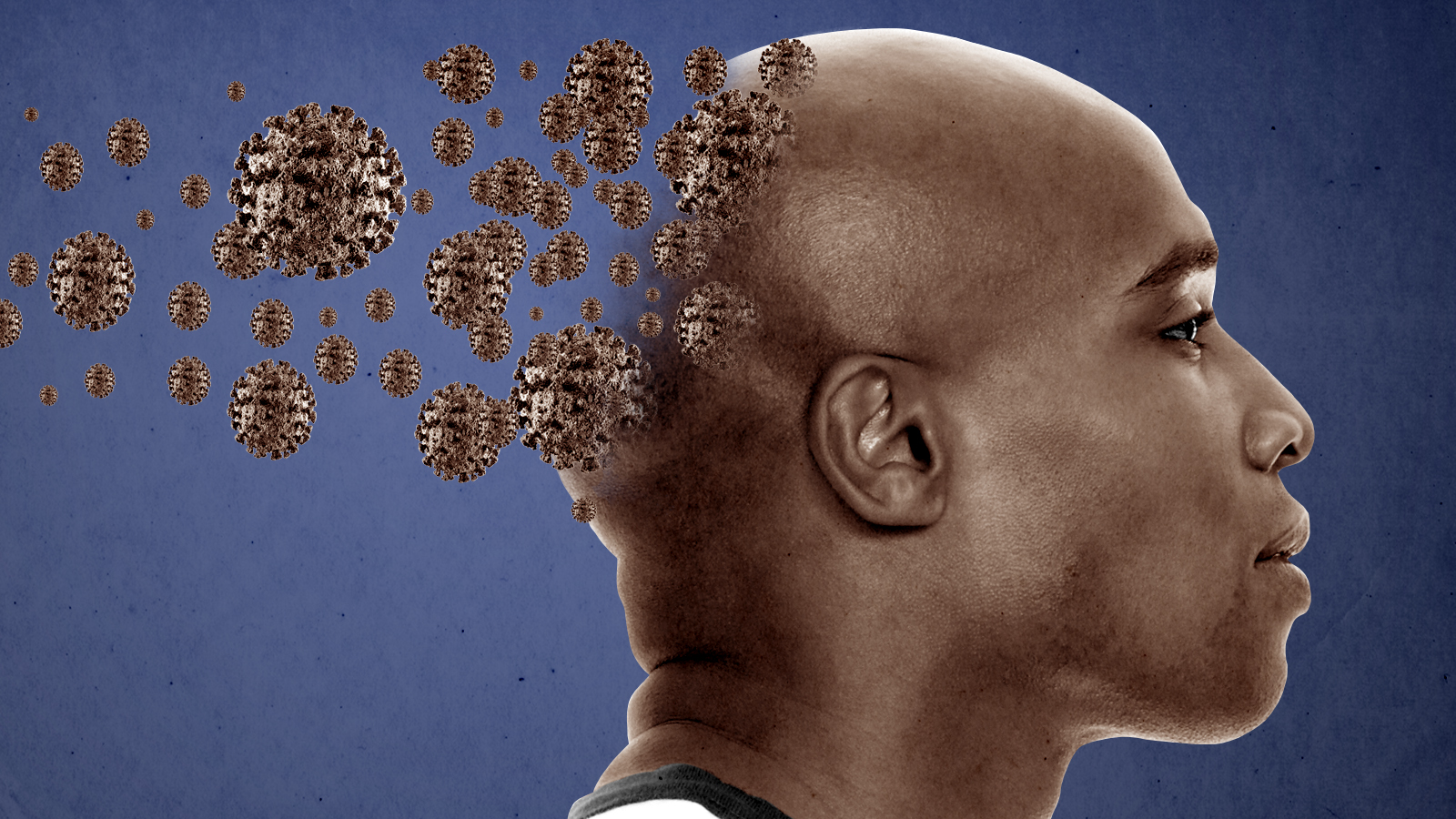
A free daily email with the biggest news stories of the day – and the best features from TheWeek.com
You are now subscribed
Your newsletter sign-up was successful
This month marks two milestones in the COVID-19 pandemic. On March 13 it will be two years since then-President Donald Trump declared a state of emergency on account of the novel virus, the spread of which would shortly overwhelm my home city of New York, killing at its peak in April 2020 an average of 1,000 people per day. And sometime later this month, the country's total death toll from COVID should pass 1 million.
Neither of those notable moments will mark an end. Nonetheless, it is more and more common — and appropriately so, given the widespread availability of vaccines and, increasingly, novel and effective treatments — to hear people talk about the pandemic in the past tense. Hawaii will be the last state to end its mask mandate this month, and the overwhelming tenor of conversation now is about how to make sure the last vestiges of pandemic life don't linger like post-9/11 security theater.
Hopefully, then, the COVID pandemic will soon be a bad memory. How, though, will it be remembered?
The Week
Escape your echo chamber. Get the facts behind the news, plus analysis from multiple perspectives.

Sign up for The Week's Free Newsletters
From our morning news briefing to a weekly Good News Newsletter, get the best of The Week delivered directly to your inbox.
From our morning news briefing to a weekly Good News Newsletter, get the best of The Week delivered directly to your inbox.
It's entirely possible it will barely be remembered at all. That seems crazy, but we largely forgot the Spanish Flu, which was vastly more devastating, killing almost six times as many Americans as World War I (and, unlike COVID, frequently targeting the young as well as the old). I remember learning early in this pandemic the reason New York City apartments are chronically overheated was that it encouraged residents to open their windows even in cold weather — better ventilation being a key to fighting the spread of respiratory diseases. Nobody remembered, so much so that the initial scientific consensus about COVID was that it was more likely spread by fomites than air.
That's an example of a failure of institutional memory — and there is sadly ample evidence that our institutional memory may, if anything, be worse this time around. After all, you can't remember the lessons of the pandemic if you never learn them in the first place. The United States never invested in improving ventilation generally, and there isn't much impetus to change the cultures of the CDC and FDA despite poor performance at various points during the pandemic. Most incomprehensibly, Congress has let a pandemic preparedness "moonshot" bill languish even though we now know just how many tons of cure that ounce of prevention is worth.
Meanwhile, for a large minority, the pandemic is already being misremembered as substantially fictitious. While one legacy of COVID is novel vaccines that may enable us to defeat a host of previously intractable diseases, from malaria to cancer, another legacy may well be the spread of anti-vaccine sentiment that speeds the revival of a host of preventable diseases and undermines our ability to stop new pandemics in their tracks.
Regardless of our institutional failures, of course, individually we will remember. People who lost parents or grandparents to COVID won't forget those losses, nor, particularly for those who lost loved ones early, their inability to mourn in a normal fashion. Parents won't likely soon forget the insanity of managing working at home and remote schooling, and healthcare workers will have battle scars that will astound the generation that succeeds them.
A free daily email with the biggest news stories of the day – and the best features from TheWeek.com
For most of us, the healthy thing would be for us to remember, but not too acutely. Actively repressing unpleasant memories can cause them to fester, but it is natural for memories, even traumatic ones, to fade with time. We shouldn't try to prevent that process of letting go. Hopefully, in years to come, most children who went through the pandemic will remember it in the spirit of those "duck and cover" drills of the early Cold War, and even those who suffered more serious trauma will find ways to move on with their lives and integrate the pandemic's losses into a larger, meaningful personal narrative.
We can help that happen, as individuals, by talking about the pandemic as neither the event that changed everything nor something to be forgotten as quickly as possible, but as simply a thing that happened, and that we all went through in different ways. And as a culture we need to do the same. That's something we have barely started to do, and that I worry we won't do at all.
Film and television have mostly ignored the pandemic so far, in large part because executives assume audiences want to escape an unpleasant reality rather than confront it. Most often, our pandemic stories remain apocalyptic, like the popular HBO series, Station Eleven, which takes place in a world largely depopulated by a mutant flu virus. Apocalypticism, though, is just another kind of escape, a fantasy of escaping the burdens of civilization in which we are the lucky survivors. If there's one thing we should remember from the actual pandemic, it's that it was nothing like that fantasy.
What we need instead, in our films and television shows, our novels and our music, is to treat the pandemic as a normal part of our history. That's partly a matter of getting details right, no different from with any other work set in a specific period. But it also means tackling pandemic-specific stories without refracting them through the point-scoring culture-war lens that still dominates and inhibits the way we talk about what we went through.
The mom with chronic fatigue from long COVID and the kid with speech delays from two years of masking — those are both stories of suffering due the pandemic. Talking about one doesn't preclude you from talking about the other; they're people, not tokens in a sick cultural game we're trying to win. They each deserve a Lifetime weepy. I hope they get them.
It's the least we can do, as a culture, to acknowledge, and remember.
Noah Millman is a screenwriter and filmmaker, a political columnist and a critic. From 2012 through 2017 he was a senior editor and featured blogger at The American Conservative. His work has also appeared in The New York Times Book Review, Politico, USA Today, The New Republic, The Weekly Standard, Foreign Policy, Modern Age, First Things, and the Jewish Review of Books, among other publications. Noah lives in Brooklyn with his wife and son.
-
 Switzerland could vote to cap its population
Switzerland could vote to cap its populationUnder the Radar Swiss People’s Party proposes referendum on radical anti-immigration measure to limit residents to 10 million
-
 Political cartoons for February 15
Political cartoons for February 15Cartoons Sunday's political cartoons include political ventriloquism, Europe in the middle, and more
-
 The broken water companies failing England and Wales
The broken water companies failing England and WalesExplainer With rising bills, deteriorating river health and a lack of investment, regulators face an uphill battle to stabilise the industry
-
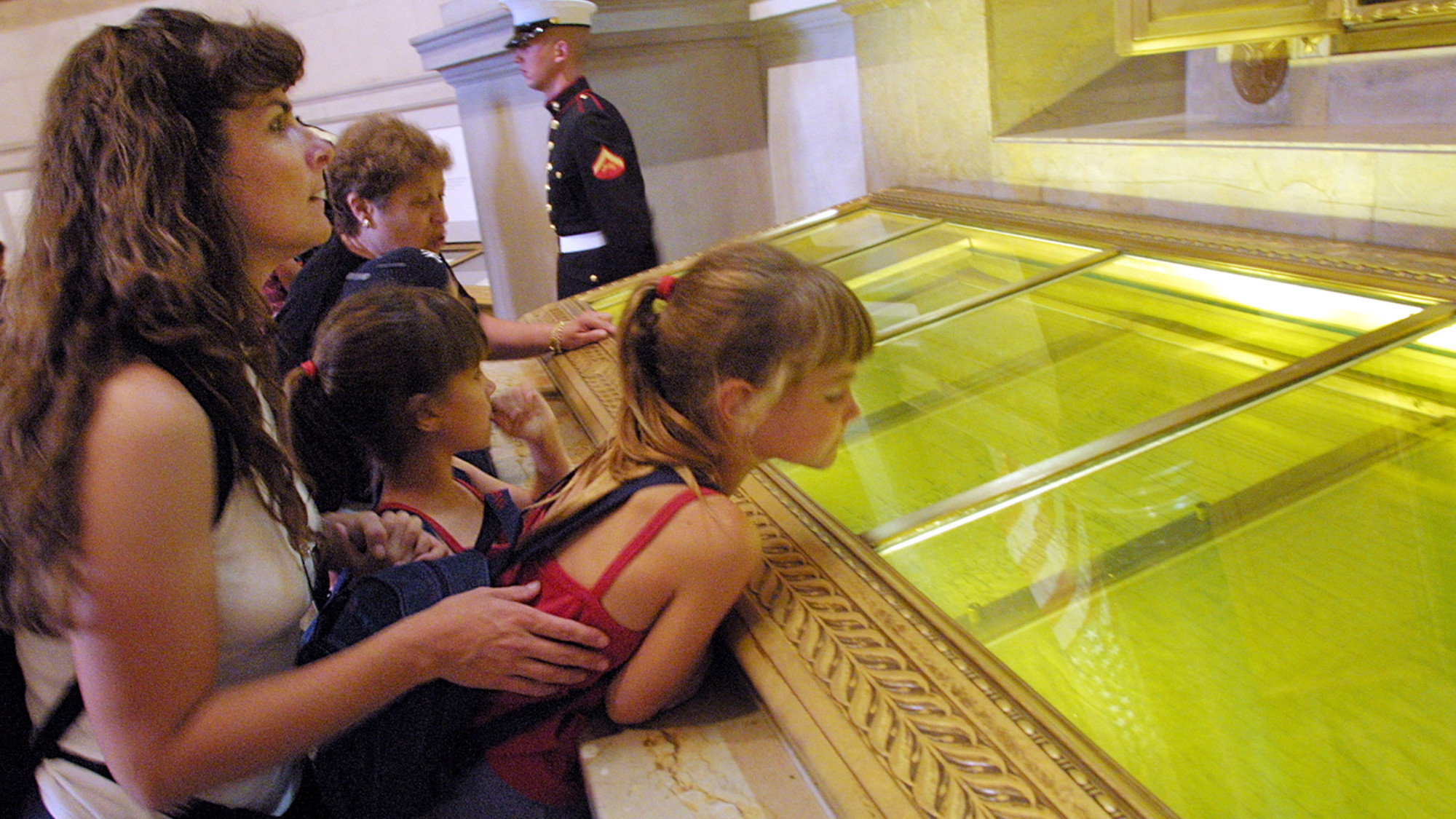 Book reviews: ‘We the People: A History of the U.S. Constitution’ and ‘Will There Ever Be Another You’
Book reviews: ‘We the People: A History of the U.S. Constitution’ and ‘Will There Ever Be Another You’Feature The many attempts to amend the U.S. Constitution and Patricia Lockwood’s struggle with long Covid
-
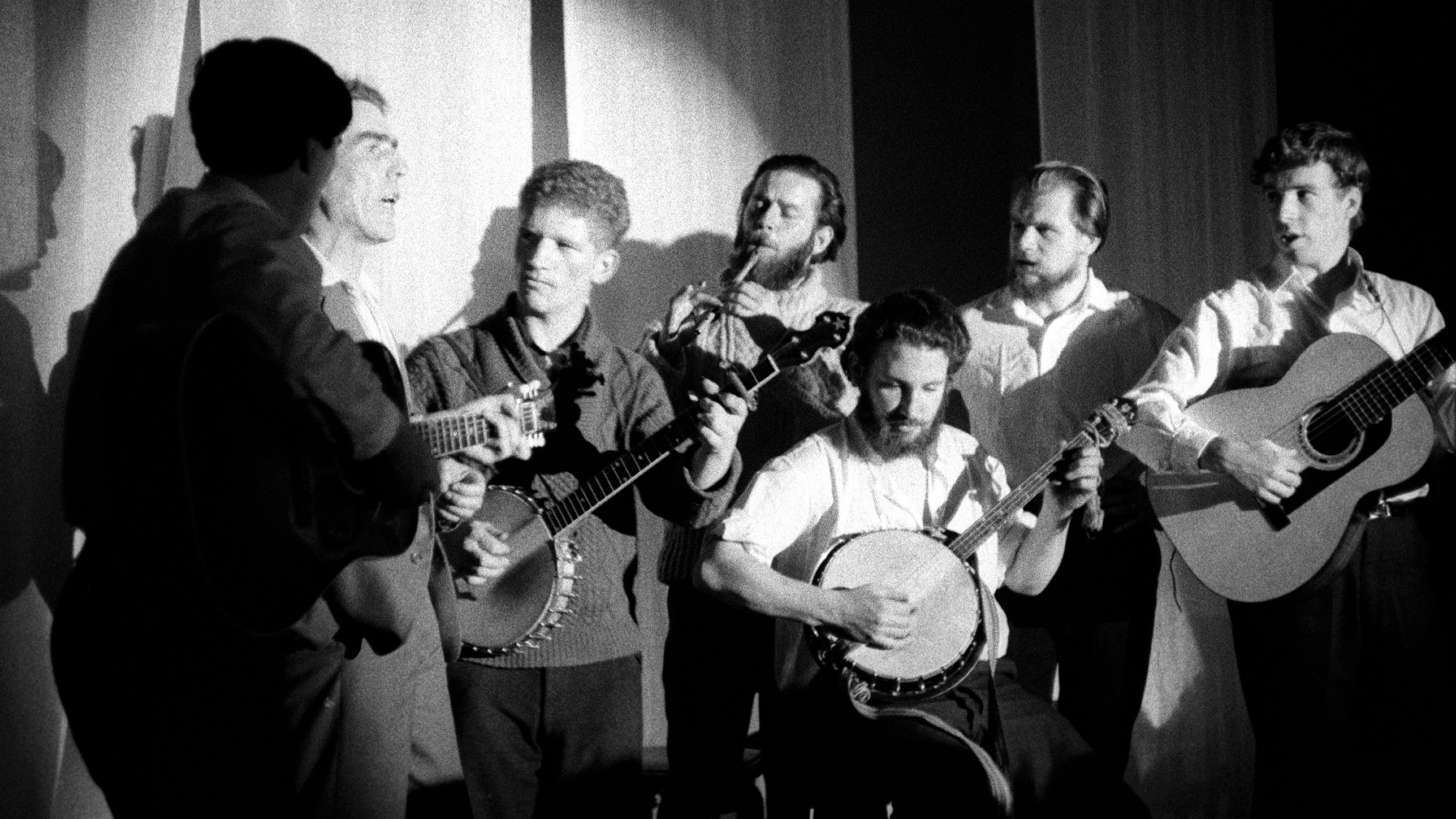 Why Irish traditional music is having a moment
Why Irish traditional music is having a momentIn The Spotlight Frustrations with isolation and technology credited for reviving 'auld' trad tunes
-
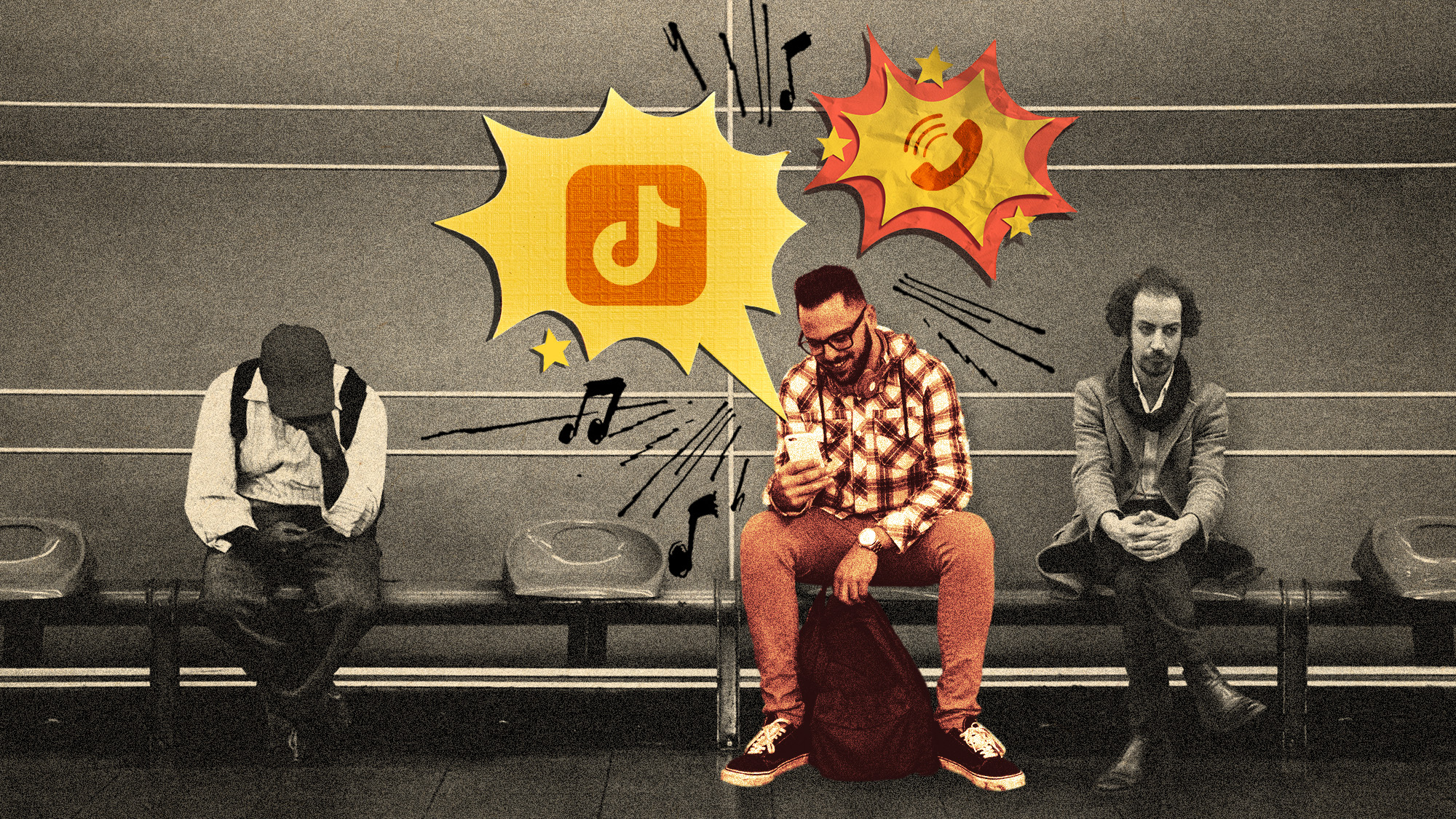 A not-so-quiet place: Why is no one using headphones in public anymore?
A not-so-quiet place: Why is no one using headphones in public anymore?Under the Radar People are increasingly comfortable with both speakerphone and watching videos (very) out loud
-
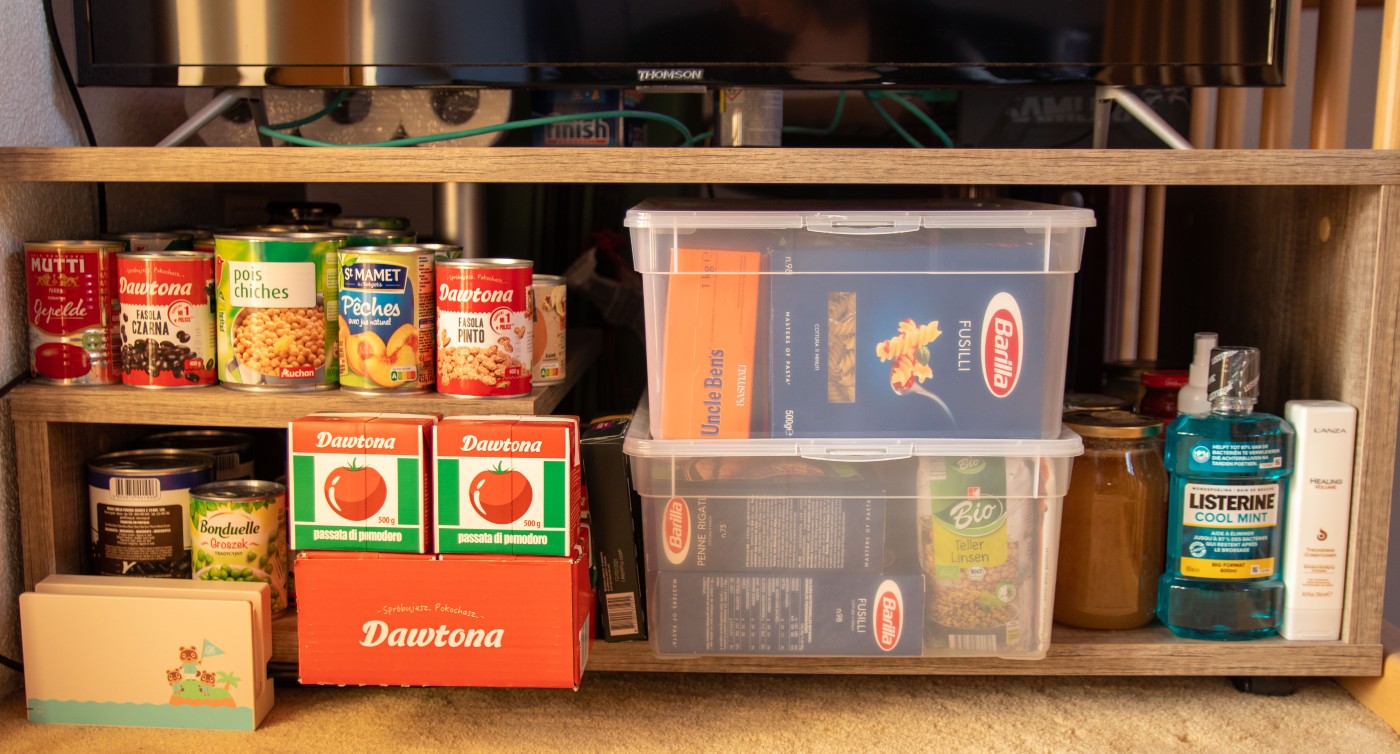 Gas masks and loo rolls: why 'preppers' are on the rise
Gas masks and loo rolls: why 'preppers' are on the riseUnder The Radar Doomsday community has expanded from 'Rambo wannabes' to 'Tesco regulars'
-
 Breathtaking: the Covid drama that may make you scream
Breathtaking: the Covid drama that may make you screamThe Week Recommends ITV three-parter is a 'tour de force' that exposes 'political complacency'
-
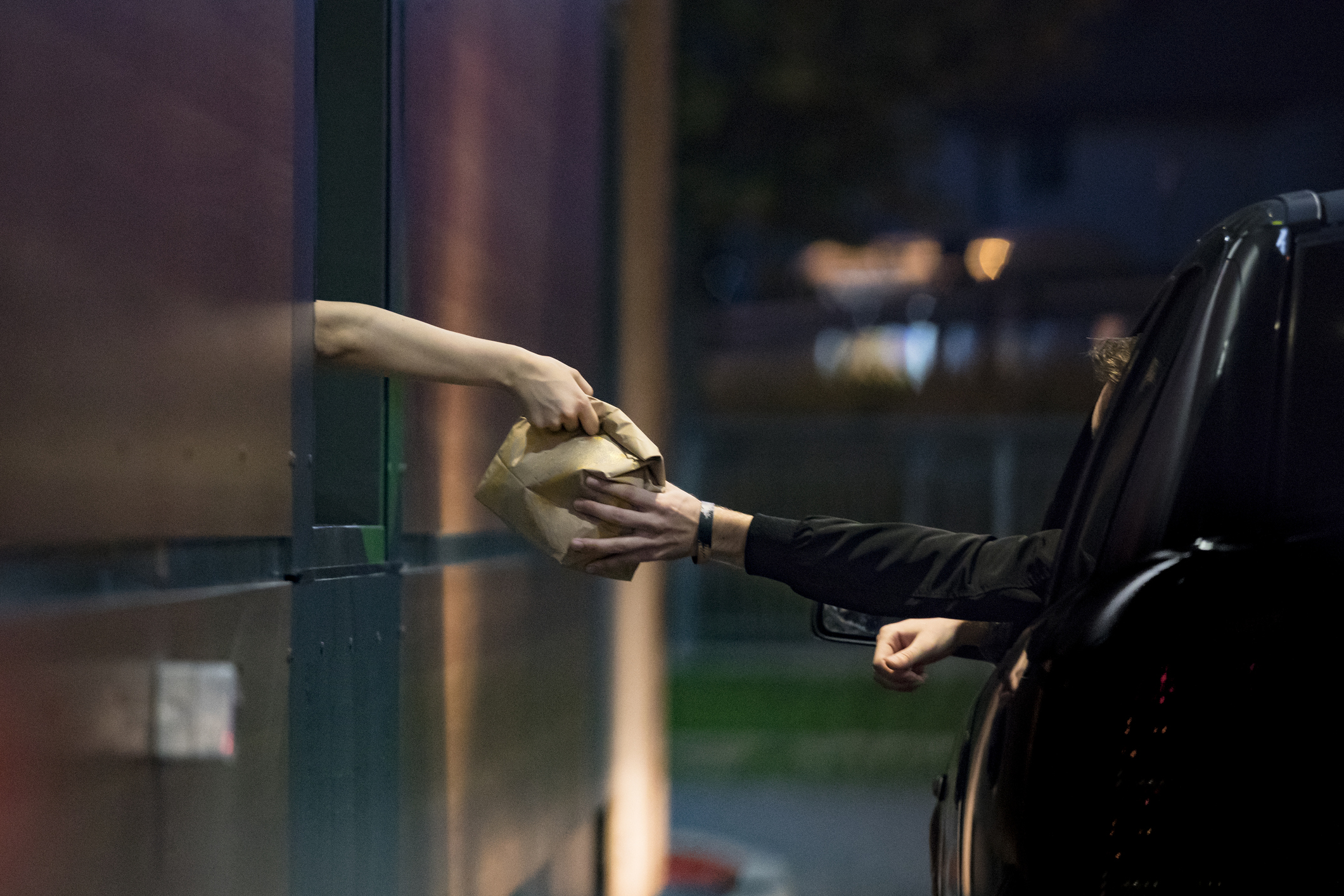 The lasting changes of the post-pandemic dining era
The lasting changes of the post-pandemic dining eraThe Explainer The newest of new normals
-
 How revenge travel is impacting the aviation and tourism industries
How revenge travel is impacting the aviation and tourism industriesTalking Point The surge in travel is a far cry from the previous pandemic years during which travel took a hit
-
 Virgin Atlantic fined for violating Iraqi airspace
Virgin Atlantic fined for violating Iraqi airspaceSpeed Read Airline said the incursions were accidental and caused by the Covid-19 pandemic

